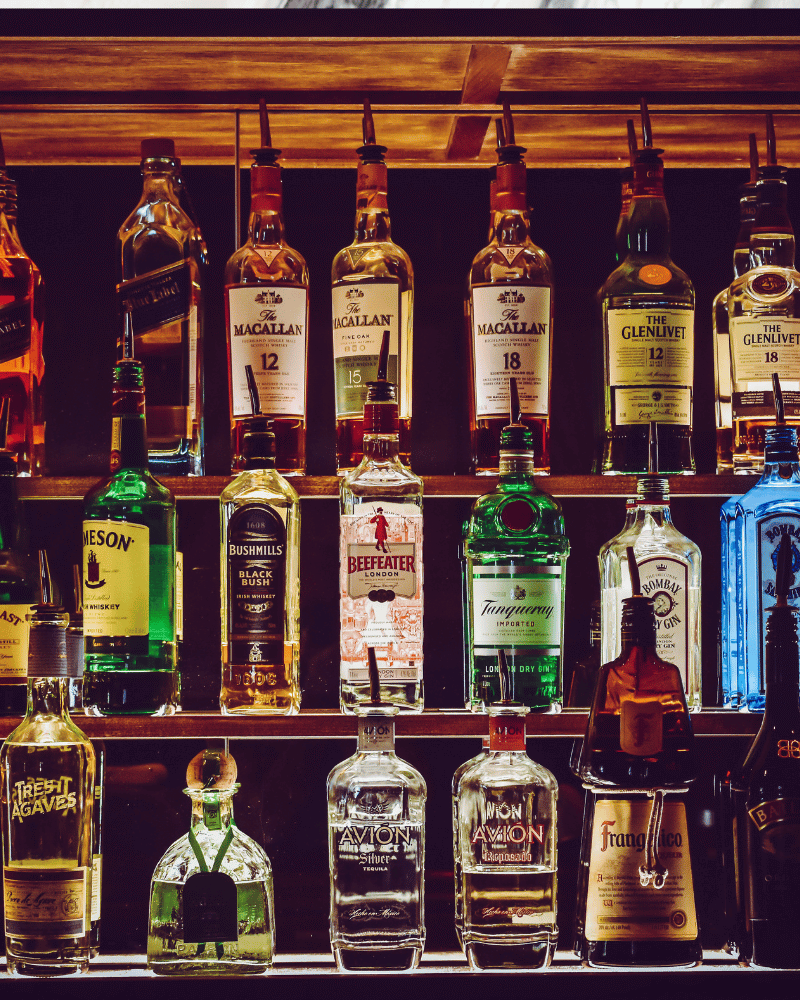Alcoholism in old age is an issue that is often overshadowed by other health issues, even though it affects many people and can have a significant impact on their quality of life. The particular challenge here is that the body changes with age, which exacerbates the effects of alcohol on health and well-being. Here you can find out why alcohol dependency in older people is so risky, what signs indicate a problem and what help is available to enable a fulfilling, alcohol-free life.

Why older people are more susceptible to alcoholism
There are many reasons why older people can be more susceptible to alcohol abuse. One common factor is loneliness, which often intensifies with age. The loss of a partner, friends or the feeling of being less needed by society leaves many older people feeling empty. Alcohol can offer a supposed solution to numb the loneliness and lift the mood in the short term.
Health problems such as chronic pain or sleep disorders also often play a role. Many people turn to alcohol to alleviate physical complaints or to make it easier to fall asleep. Another factor is long-term drinking habits: Alcohol as a part of daily life has become natural for some in their youth and is unconsciously maintained. In old age, access to alcohol is often unproblematic, which can represent an additional temptation.
Physical and psychological risks of alcohol in old age
The physical risks of alcohol in old age are extensive and often more serious than in younger people. With increasing age, the efficiency of the liver decreases, which means that the body breaks down alcohol more slowly. As a result, alcohol remains in the bloodstream for longer and has a more intense effect, which can lead to faster and more severe damage. One of the immediate consequences is an increased risk of falling, as alcohol impairs balance and motor skills. Falls are particularly dangerous in old age and can lead to long-term health problems.
Alcohol also has the potential for psychological abuse: existing depression or anxiety can be exacerbated by regular alcohol consumption, as alcohol often intensifies negative feelings. In addition, many older people are dependent on medication. The simultaneous consumption of alcohol can cause dangerous interactions that impair the effectiveness of the medication or cause serious side effects.

Effects on social contacts and quality of life
Alcoholism in old age not only has physical and psychological consequences, but also social ones. Affected people often withdraw more and more and avoid social occasions where they might be approached about their alcohol consumption. This increases their social withdrawal, which can lead to a vicious circle of loneliness and further alcohol abuse. The feeling of isolation and alienation from family and friends often increases - which in turn further fuels the tendency to drink alcohol.
The quality of life suffers massively as a result of this withdrawal and the physical and psychological consequences of alcohol abuse. Those affected increasingly lose interest in hobbies or leisure activities that they used to enjoy. Alcohol seems to provide short-term relief, but in the long term it reduces the enjoyment of life and leads to a downward spiral.
Early signs of alcohol problems in old age
Recognizing early warning signs of alcohol problems in old age is essential in order to be able to intervene and offer support at an early stage. A common sign is a change in sleep patterns: if someone suddenly seems sleepy during the day or is awake at night, alcohol could be playing a role. Irregular eating habits or neglecting meals can also be signs that alcohol is beginning to affect everyday life.
Other signals include irritability or depressive moods that do not disappear on their own and may be exacerbated by alcohol. Some older people also tend to neglect to take their medication or take the wrong dose, which is exacerbated by alcohol-induced forgetfulness or indifference. If relatives or friends notice that alcohol consumption is becoming secretive or that the person concerned is trying to hide it, this is often a clear sign of problematic behavior.






